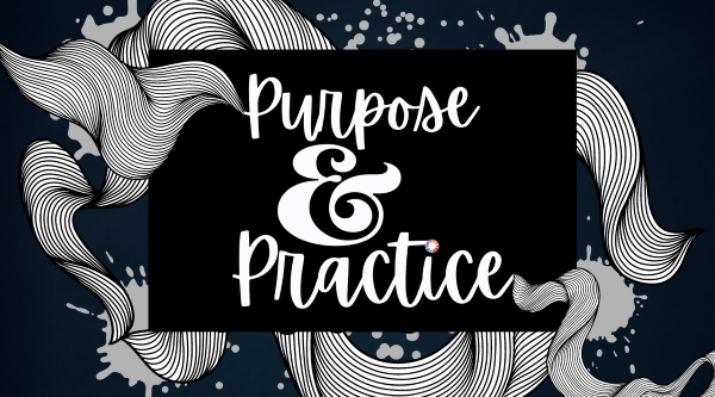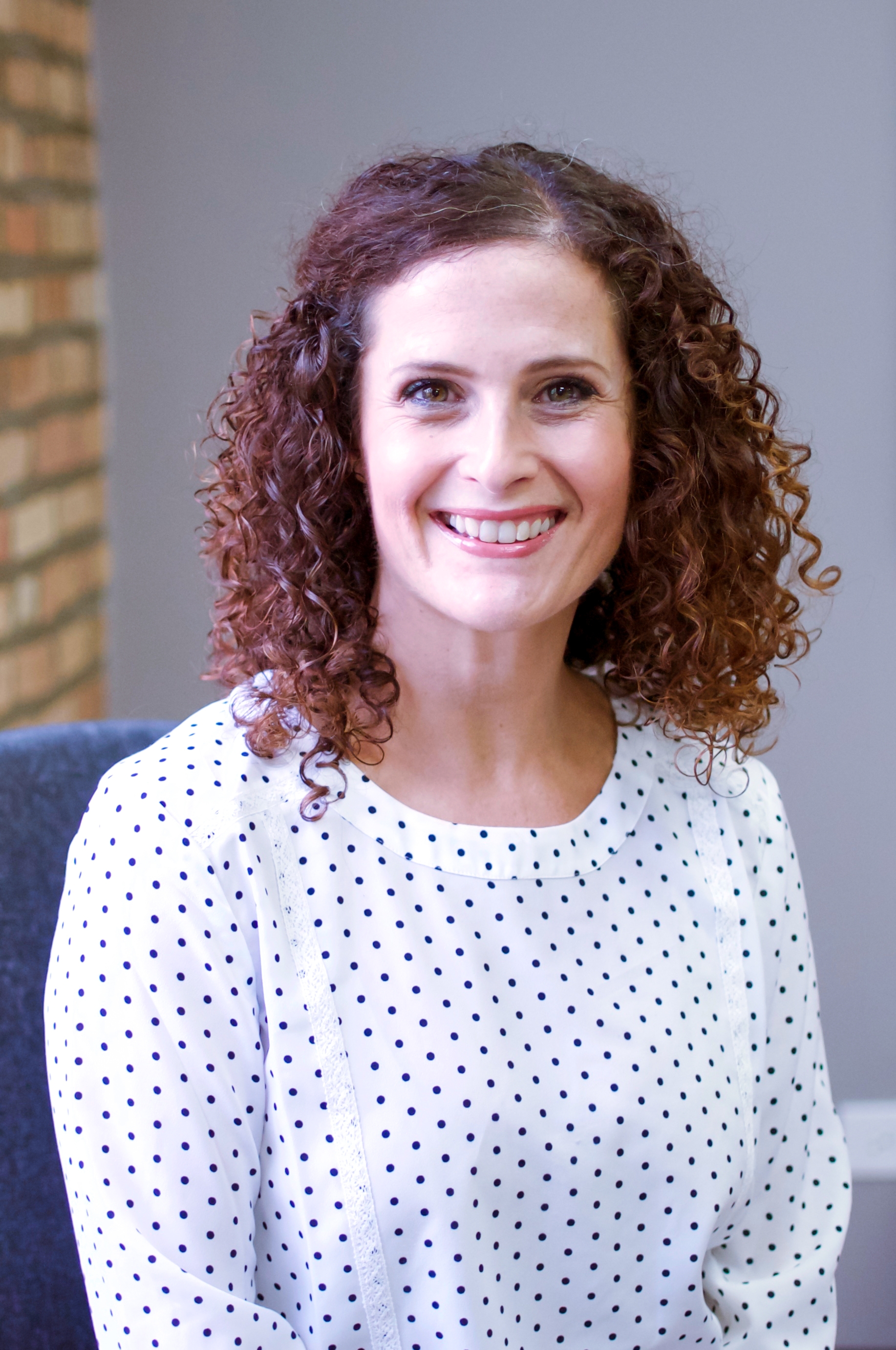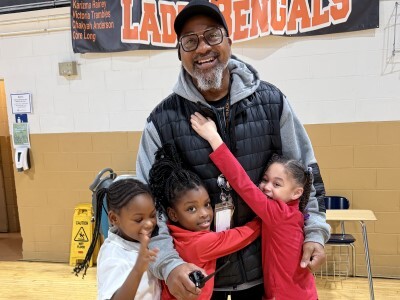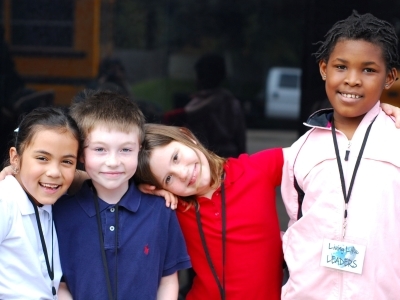Purpose & Practice: Redefining Our Why as Educators
Topics

When educators design and create new schools, and live next gen learning themselves, they take the lead in growing next gen learning across the nation. Other educators don’t simply follow and adopt; next gen learning depends on personal and community agency—the will to own the change, fueled by the desire to learn from and with others. Networks and policy play important roles in enabling grassroots approaches to change.
Coaches—instructional leaders who are also classroom teachers—describe what teaching during a pandemic looks and feels like.
The 2020-2021 school year is officially underway. While we continue to face an uncertain future, we are also determining how to balance our personal needs and professional obligations. In addition, the students and families we serve need us more than ever. During this time of uncertainty, we find ourselves reconnecting to our purpose, redefining our practice, and reconsidering our priorities.
At Distinctive Schools, we are keenly aware of the stress our teachers face. We know that we are asking teachers to innovate, to do things they have never done before, and to navigate a landscape for which there is no clear roadmap. During these times of heightened stress, it is important that we engage in conversations and reflection, and that we give our teachers the opportunity to share their experiences and insights so that we can learn from those doing the work.
As a collective, we know that our teachers’ perspective is integral in making informed and meaningful decisions as we move forward together. In an effort to learn more about the experience and current reality of educators, I spoke with several instructional coaches. Coaches are educators who serve both as instructional leaders and classroom teachers. They are uniquely positioned to speak to what teaching during a pandemic looks and feels like and what the future may hold.
What’s on your mind?
In coaching conversations with teachers, we often begin with this question to open the space and to allow teachers to freely share what is weighing on them, whether it be personal or professional. When I posed this same question to our instructional coaches, the resounding theme was, “Will we be okay?”
It’s clear that while our coaches recognize the need to provide a space of learning and joy for all, and to be a source of optimism and support, they are simultaneously coping with a roller coaster of emotions and a myriad of “what if” scenarios. Grappling with these thoughts weigh heavily on our leaders and our teachers. Distinctive Schools teachers rely on their instructional coaches for guidance and support. And while our instructional coaches want to be there for both their teachers and their students, they are also experiencing these same feelings of anxiety.
Aggie Sparrow, special education teacher and instructional coach at Chicago International Charter Schools (CICS) Irving Park, says, “A big fear I have right now is teacher frustration and teacher burnout. My take is to remind teachers to have empathy for themselves. This is new for everyone, including teachers and students.” Melissa Ludeke, 3rd grade teacher and instructional coach at Distinctive College Prep (DCP) Harper Woods adds, “At the end of the day, I have to just say that I did all I could. Every day is a new day.”
“I worry our opportunity to work with teachers and shift systems will close if we don’t think reflectively about what really counts.” –Emily Kurth
Emily Kurth, an instructional coach at CICS Prairie, sees this time as an opportunity to redefine education and disrupt the system. While staying tuned in to her teachers’ needs, she also focuses on the future. “What keeps me up is the potential to bounce back to what wasn’t working” says Kurth. “I worry our opportunity to work with teachers and shift systems will close if we don’t think reflectively about what really counts.”
As we continue to see, the pandemic is surfacing glaring inequities in the system that have long existed, inequities that the nation has either not been aware of or has consciously chosen to ignore and even uphold. At Distinctive Schools, we share Emily’s concern and are seeking the balance between reassuring our teachers, adhering to familiar systems and structures, and reflecting on, redesigning, and even rejecting those structures that do not and will not work for us anymore.
How do we define “best practice”?
We explored how we define the characteristics of effective instructional practice. Distinctive Schools uses a teaching framework to provide a shared understanding of best practice that allows educators to reflect on where they are on the continuum of growth, and to engage in coaching conversations to foster their ongoing growth and development. As we adapt to a fully remote learning model, our teachers are engaging in even deeper reflection. While the definition of “best practice” as outlined in the teaching framework still feels relevant, teachers are finding that they have to rethink the strategies they use to achieve this level of instruction.
As a special education teacher, Aggie is finding that certain accommodations, such as providing manipulatives during a math lesson, are nearly impossible in a remote setting. As a result, she has to think critically about the purpose of the strategy or tool. She then finds a new way to present the learning that will give students the support they need and avoids tools or strategies that will frustrate students because they aren’t conducive to a virtual setting.
For Sami Smith, a middle school teacher at CICS West Belden, the beginning of the year requires a greater focus on the pacing of the lesson and attending to the students’ general well-being. “My priority is that I have students who are participating and are feeling good and that I’m giving them active breaks during the day. I want my students to feel like they learned something but, more importantly, I want them to feel that they had a good day.” Sami continues, “I’m trying to make a lasting impact and what lasts is what feels good.”
This sentiment, which was echoed by every teacher with whom I spoke, should not be misinterpreted to mean that our teachers have lessened their academic expectations. Just as in past years, teachers are using the curriculum, are actively using formative assessment data to make instructional decisions, and are focused on upholding grade-level standards and providing rigorous instruction. Rather, our teachers recognize that these challenging circumstances require that they remain keenly aware of the students’ well-being and recognize when attending to their social-emotional needs must precede content.
We continue to believe that we can make a difference.
What’s your WHY?
The anxiety and uncertainty we feel has also pushed us to revisit our purpose for becoming teachers. While the pandemic is certainly testing our limits, I found that our teachers are more deeply committed to the profession than ever. Yes, we all have days that leave us exhausted and we experience times when we wonder if we are having the same impact we’ve had in the past, but these feelings don’t outweigh our resilience. We continue to believe that we can make a difference.
In reflecting on her purpose, Aggie says, “I want to engage students in learning and being excited about it. I want them to take risks and experience new things alongside them.” While this has always been Aggie’s goal, she says that now she is focusing on deeply getting to know her students and giving them more opportunities to share how they are feeling. “There’s so much more to their world than the school classroom—SEL, home, emotions they’re experiencing, friendships. I want to make sure I’m listening to how they feel and making time to connect.”
Our teachers feel the void of being able to connect in person and they know that our students feel the same. In an effort to continue to bring joy to the classroom we must refocus on our purpose. Kelly Pollack, teacher and instructional coach at CICS West Belden, reflects this commitment: “I want to be a part of their lives as much as possible. We are here to talk to each other. We are moving at a slower pace but we are listening to each other. This is my purpose.”
Image at top courtesy of Distinctive Schools.




